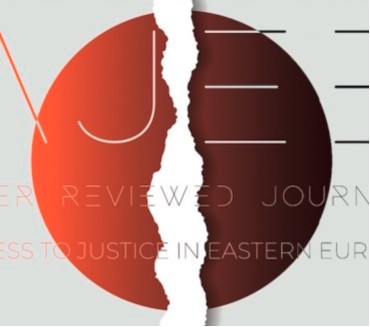Summary: 1. Introduction. – 2. Methodology. – 3. Evolution of Legal Culture and Legal Consciousness in Kazakhstan. – 4. Literature Review. – 5. Findings and Discussion. – 5.1. Complaints as Indicators of Legal Culture and Legal Consciousness. – 5.2. Human Rights in Criminal Proceedings and Rights of Convicts. – 5.3. Legal Education and Public Engagement. – 5.4. Analysis of Key Legal Acts in the Context of Legal Culture and Legal Consciousness in Kazakhstan. – 6. Conclusion.
Background: Legal consciousness and legal culture are interrelated but different concepts. Legal consciousness is a set of ideas, views, beliefs and feelings of people regarding law, legality and justice. It reflects the attitude of society or an individual toward the law. Legal culture is a broader concept that includes not only the level of legal consciousness but also the degree of implementation of legal norms in society, as well as the lawful behaviour of citizens. The development of legal awareness and legal culture is necessary for the construction of a legal state and the observance of democratic principles. Examining these elements is important for evaluating how effectively policies fulfil human rights obligations and identifying key directions to improve justice and equity.
Methods: The study utilised document and legal analysis approaches. It examined the legal culture and legal consciousness in Kazakhstan by analysing the annual reports of the Ombudsman for Human Rights from 2019 to 2023, as these provide authoritative assessments of human rights, legal awareness, and access to justice in Kazakhstan. Additionally, the study analysed current legislation and policy documents relevant to legal culture and legal consciousness in Kazakhstan, including the Constitution of the Republic of Kazakhstan, the Concept for the Development of Legal Policy in the Republic of Kazakhstan until 2030, and the National Plan for Human Rights and the Rule of Law.
Results and Conclusions: The study revealed the dynamics of public legal consciousness and the challenges of adjusting national policies to global human rights standards. The findings were categorised into three main themes: complaints as indicators of legal culture and legal consciousness; human rights in criminal proceedings and rights of convicts; and legal education and public engagement. As the findings indicate, human rights violations during pre-trial investigations, allegations of coercion, and mistreatment of convicts remain significant concerns in ensuring access to justice in Kazakhstan. These results highlight gaps in institutional accountability and policy implementation, stressing persistent difficulties in protecting human rights within the criminal justice and judicial systems. An analysis of key legal acts in the context of legal culture and legal consciousness revealed that the development of a strong legal culture in Kazakhstan requires a number of reforms aimed at increasing the level of legal education of the population, institutional accountability, and effective implementation of laws. The study concludes that to promote legal culture and legal consciousness in Kazakhstan, it is imperative to address identified systemic issues through legal reforms, public education, and institutional strengthening.

